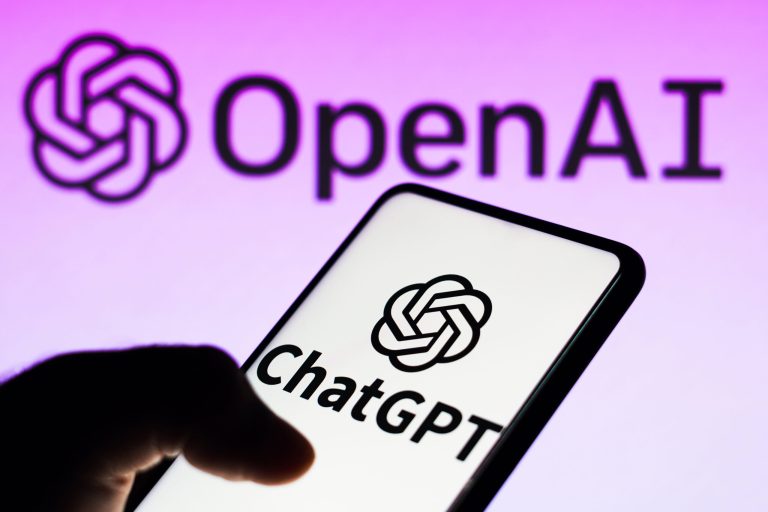OpenAI, the company behind the popular chatbot, ChatGPT, has disagreed with the claims of copyright infringement as claimed by the New York Times in a lawsuit filed in December 2023, saying the publication did not tell the full story.
Responding to the lawsuit for the first time via a blog post, OpenAI said it had been in negotiation with the New York Times for months before the lawsuit.
The negotiations, it said, focused on a high-value partnership around real-time display with attribution in ChatGPT, in which The New York Times would gain a new way to connect with their existing and new readers, and OpenAI users would gain access to their reporting.
Outside that discussion, OpenAI said it had also informed the New York Times that its content was not used in training ChatGPT, hence, the lawsuit came as a surprise.
What OpeAI is saying
While describing the lawsuit by the publication as lacking merit, OpenAI in the blog post explained:
- “The New York Times is not telling the full story. Our discussions with The New York Times appeared to be progressing constructively through our last communication on December 19. We had explained to The New York Times that, like any single source, their content didn’t meaningfully contribute to the training of our existing models and also wouldn’t be sufficiently impactful for future training. Their lawsuit on December 27—which we learned about by reading The New York Times—came as a surprise and disappointment to us.
- “Along the way, they had mentioned seeing some regurgitation of their content but repeatedly refused to share any examples, despite our commitment to investigate and fix any issues. We’ve demonstrated how seriously we treat this as a priority, such as in July when we took down a ChatGPT feature immediately after we learned it could reproduce real-time content in unintended ways.
- “Interestingly, the regurgitations The New York Times induced appear to be from years-old articles that have proliferated on multiple third-party websites. It seems they intentionally manipulated prompts, often including lengthy excerpts of articles, in order to get our model to regurgitate. Even when using such prompts, our models don’t typically behave the way The New York Times insinuates, which suggests they either instructed the model to regurgitate or cherry-picked their examples from many attempts.”
The company added it is still hopeful for a constructive partnership with The New York Times and respects its long history, which includes reporting the first working neural network over 60 years ago and championing First Amendment freedoms.
Backstory
Nairametrics had earlier reported that the New York Times sued OpenAI and Microsoft for unauthorized use of its published works to train their artificial intelligence tool, ChatGPT.
The lawsuit, filed in Federal District Court in Manhattan, on December 27, 2023, contends that millions of articles published by The Times were used to train automated chatbots that now compete with the news outlet as a source of reliable information.
The suit does not include an exact monetary demand. But it says the defendants should be held responsible for “billions of dollars in statutory and actual damages” related to the “unlawful copying and use of The Times’s uniquely valuable works.”
It also calls for the companies to destroy any chatbot models and training data that use copyrighted material from The Times.
In the complaints, the publishing company raised concerns about the uncompensated use of intellectual property by AI systems and accused OpenAI and Microsoft of using its content without payment to create products that substitute for it and even take its audience away.

